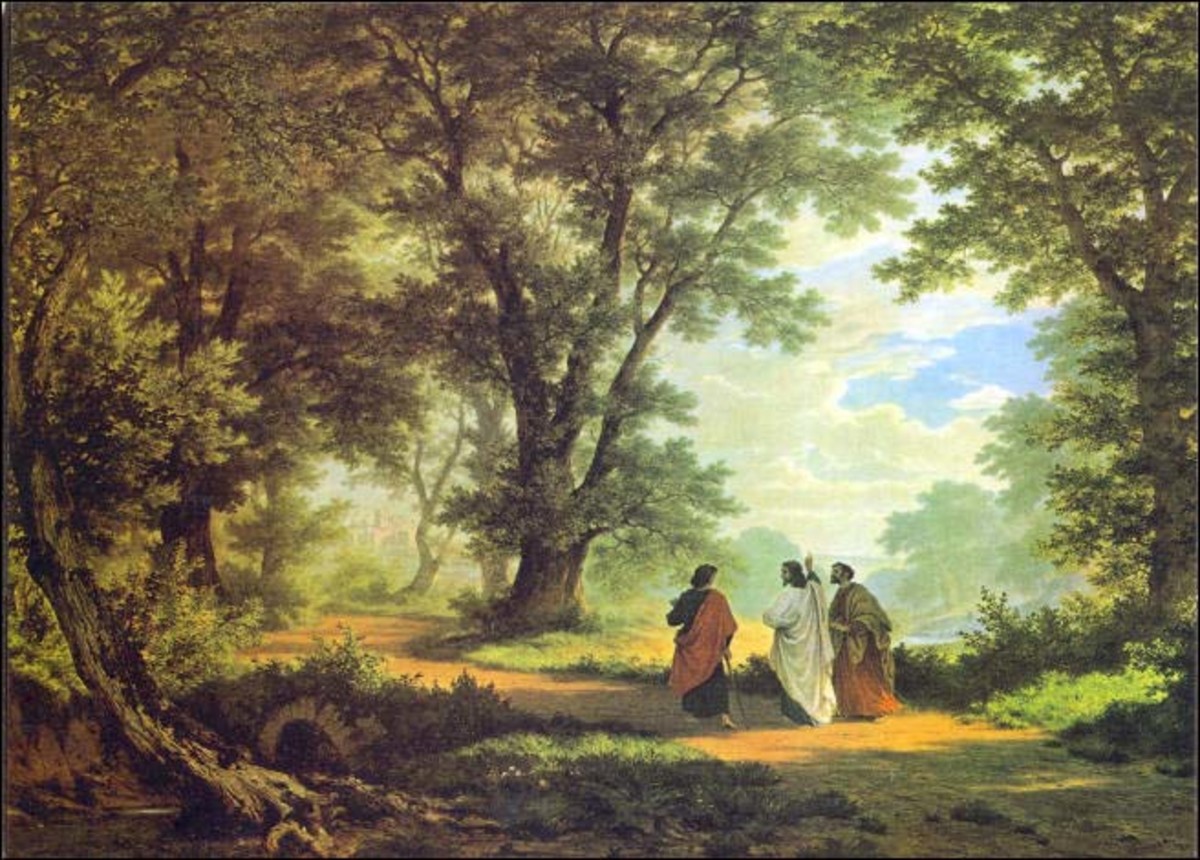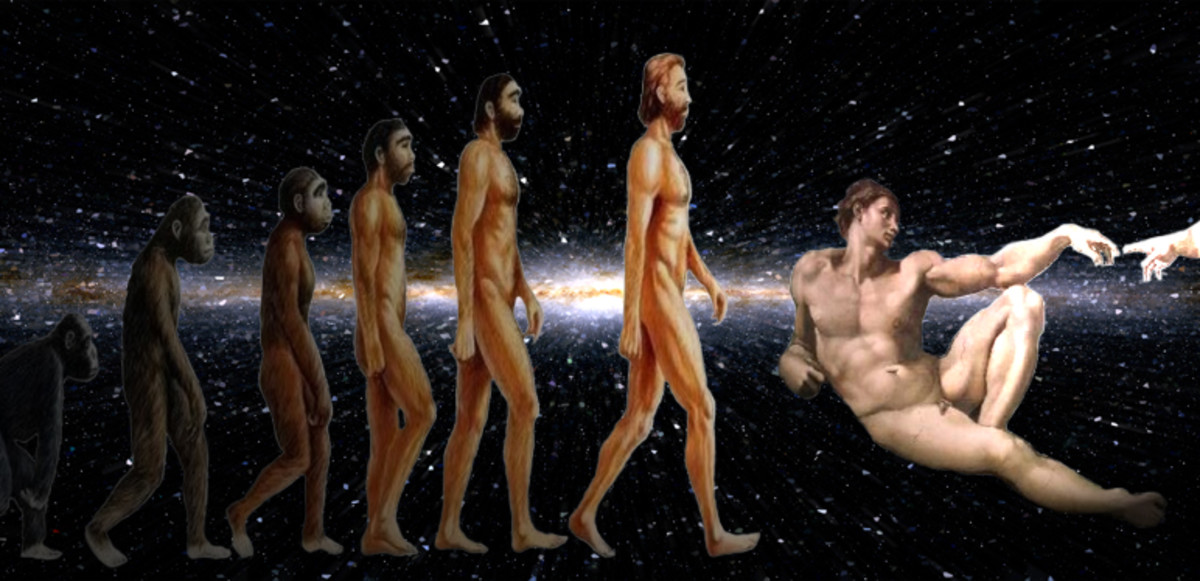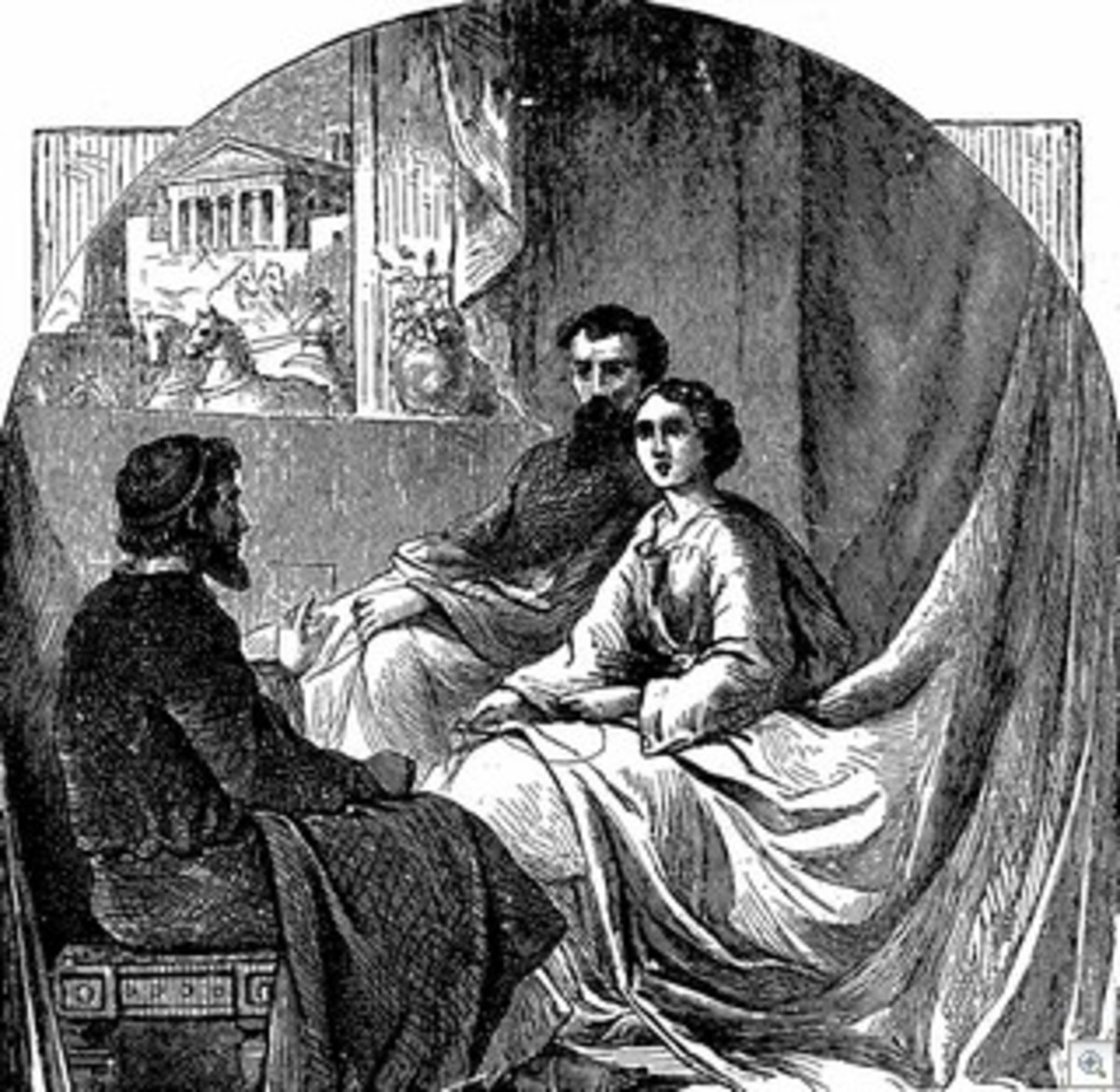The Shocking Truth about Biblical Interpretation: Longevity

The lengths of the lives of the early patriarchs are pleasantly amazing. The oldest of the bunch is, of course, Methuselah at 969 years.
As I write this in the year 2012 AD, if this were to be Methuselah's last year, then he would have been born in 1043 AD. Imagine that! He could have experienced the Norman Conquest of England (1066 AD) at age 23. He could have seen all of the Crusades, the blossoming of science in Islam's Golden Age. He could have witnessed the eventual awakening of Europe during the Renaissance at the ripe old age of 400 years. In his 500's, he could have been one of the explorers to the New World of the Americas. In his 600's, he could have participated in the Age of Reason. And at age 733, he might have sat in at the signing of the American Declaration of Independence. Still later, he could have witnessed the maturing of the Industrial Age, the age of electronics, the age of flight, and the landing of the first men on the Moon. That would have been quite a life.
But did it really happen that someone lived for that long an age? I think not. Why?

Genesis Timeline
If the timeline in Genesis is a reflection of true history, then it would have to be "interpreted" correctly to find out how it applies. This seems obvious, because science has discovered through so many of its disciplines that humanity, Earth and the cosmos are far older than 6000 years.
Some Fundamentalists feel that the Bible has to be taken literally and that all of science which suggests that the Biblical timeline is wrong is "evolutionary." This is a novel idea, but quite inaccurate. Evolution is only a small part of science. So many other "non-biological" sciences demonstrate the great age of our universe.
If anything, the ages of the early patriarchs are too short! If the Bible contains truth regarding its timeline, then reality (studied so expertly by science) suggests that a factor is needed. I'll go into this in another article. But here I make the point that not all is as it seems in the Bible—particularly in Genesis.
A Book That Changes Everything

Tribes
Genesis 5:2 provides us with an important clue. "Male and female created he them; and blessed them, and called their name Adam, in the day when they were created" (Genesis 5:2). This says that Adam is both male and female and a "them," not a "him." Adam is a group—all of humanity. So, the children of Adam may be names of individuals, but also names of their respective tribes or groups. So, the Methuselah tribe may have lived many thousands of years prior to the Flood (whatever that event symbolizes).
More to Come
In other articles to come, we will explore the implications of this interpretation of the early patriarchs and their ages as those of "tribes." We will find that a biblical timeline can be compatible with those of science.
Could it be that God has outwitted the biblical literalists?








